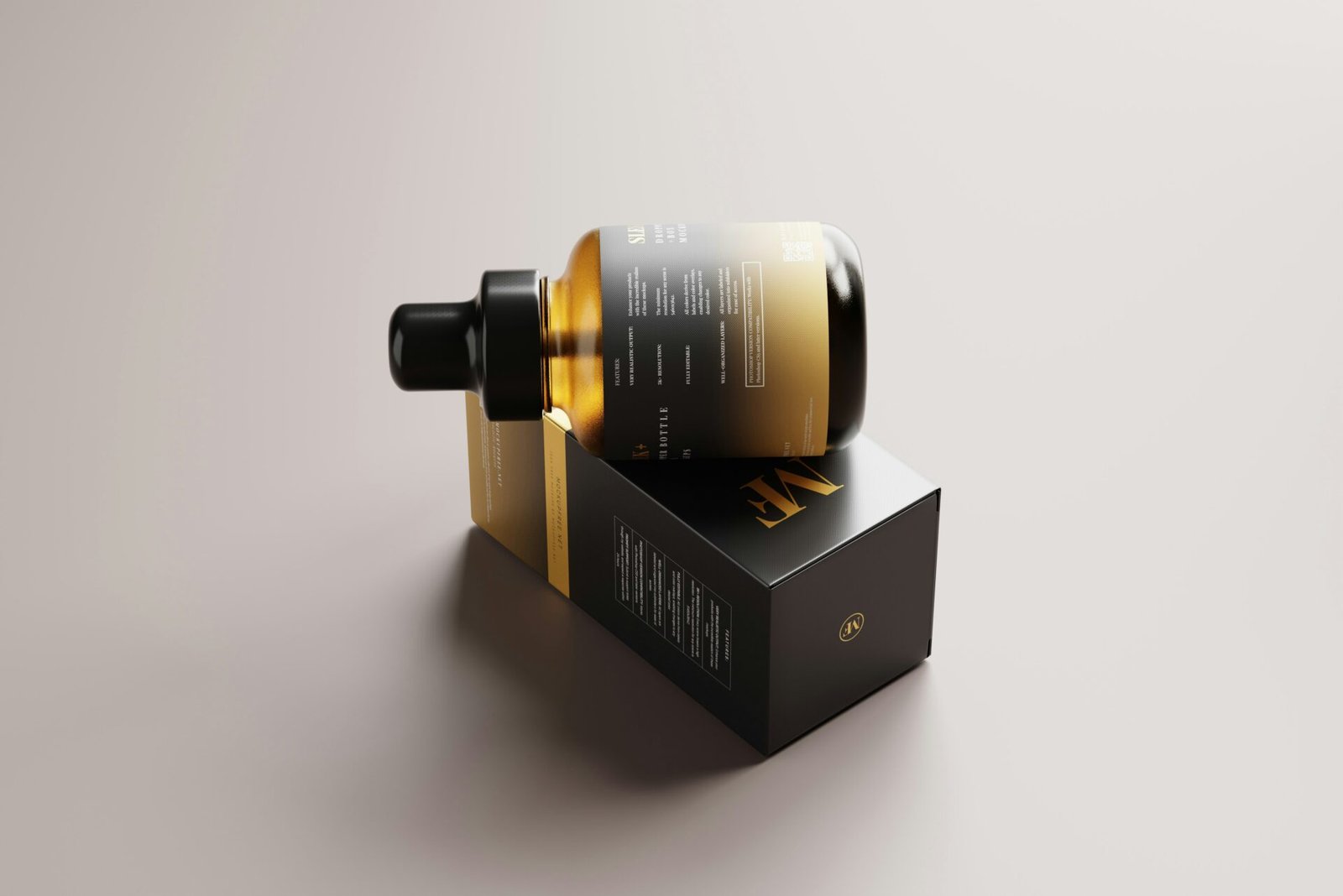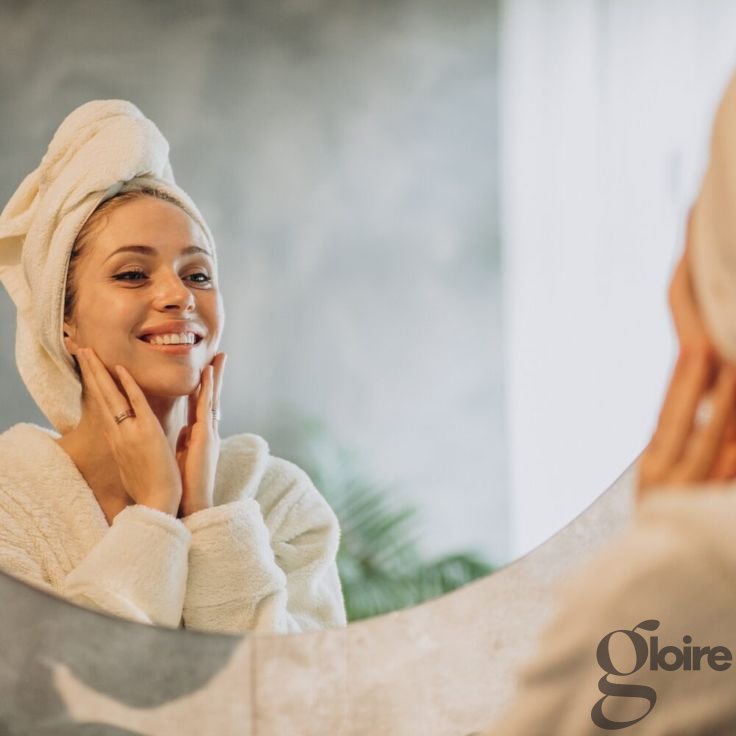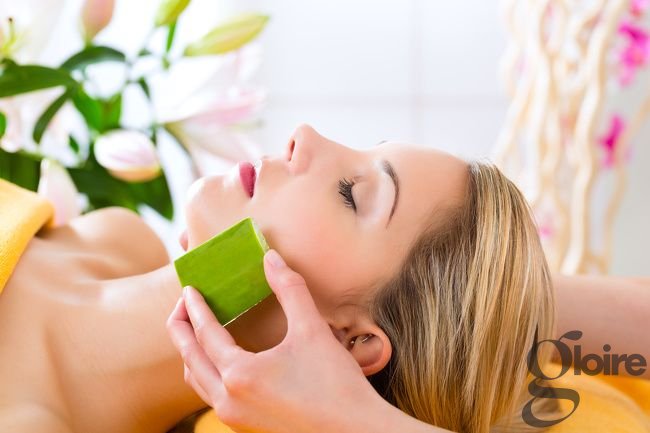What Is Hyaluronic Acid?
Hyaluronic acid is a naturally occurring substance in the human body, primarily found in the skin, joints, and connective tissues. It plays a key role in retaining water, which helps maintain hydration and elasticity. Skincare products containing HA are designed to:
- Lock in moisture.
- Promote wound healing.
- Reduce redness and irritation.
Because of these benefits, HA is a common ingredient in moisturizers, serums, and even medical treatments like dermal fillers. But how do these benefits apply to children?
Can Kids Use Hyaluronic Acid?
Yes, kids can use hyaluronic acid in most cases, but it depends on the product and its concentration. Unlike adults, children’s skin is more sensitive and generally produces adequate moisture. However, some conditions may require additional hydration, such as:
- Dry or flaky skin: Often caused by environmental factors or skin conditions like eczema.
- Sensitive skin: Children prone to redness and irritation can benefit from HA’s soothing properties.
- Healing wounds or minor burns: HA can accelerate the healing process.
When selecting a product, opt for formulations specifically designed for children or those with minimal ingredients to avoid irritation.
Is Hyaluronic Acid Safe for Kids?
The safety of hyaluronic acid for kids largely depends on the product’s formulation and how it is used. Here’s what to consider:
- Formulation:
- Look for fragrance-free, alcohol-free, and non-comedogenic products.
- Choose products with low concentrations of HA (0.1%-0.2%) to reduce the risk of adverse reactions.
- Patch Test:
- Always perform a patch test before applying any new product to a child’s skin.
- Apply a small amount to the inner arm and wait 24 hours to check for redness or irritation.
- Medical Advice:
- Consult a pediatric dermatologist if your child has a chronic skin condition or is prone to allergies.
Common Concerns About Hyaluronic Acid for Kids
Can Hyaluronic Acid Cause Allergies?
Hyaluronic acid is generally hypoallergenic. However, reactions can occur due to other ingredients in the product, such as preservatives or fragrances. Always review the ingredient list carefully.
Is Hyaluronic Acid Good for Kids with Eczema?
Yes, hyaluronic acid can help manage eczema by restoring the skin’s natural moisture barrier. Use a gentle, dermatologist-recommended product to avoid triggering flare-ups.
Is Hyaluronic Acid Safe for Teens?
Teenagers experiencing acne or dryness can benefit from hyaluronic acid. Its hydrating properties help soothe irritation without clogging pores, making it an excellent choice for teen skincare routines.
Benefits of Hyaluronic Acid for Kids
1. Hydration
HA helps maintain skin hydration, which is crucial for children prone to dryness. Unlike heavy creams, HA absorbs quickly and doesn’t leave a greasy residue.
2. Healing Properties
Studies show that HA promotes faster healing of wounds, burns, and scrapes. For active kids prone to minor injuries, this can be a game-changer.
3. Reduced Irritation
HA’s anti-inflammatory properties can alleviate redness and irritation, making it ideal for sensitive skin.
4. Non-Toxic and Biocompatible
As a naturally occurring substance, HA is biocompatible and safe when used appropriately, even on delicate skin.
How to Use Hyaluronic Acid Safely for Kids
- Choose the Right Product:
- Opt for gentle, child-safe formulations.
- Avoid products with high concentrations or active ingredients like retinol or salicylic acid.
- Frequency of Use:
- Apply once daily for dry skin or as needed for healing purposes.
- Overuse can lead to overhydration, potentially weakening the skin barrier.
- Layer with Moisturizer:
- HA works best when sealed with a moisturizer to prevent water loss.
- Avoid Overlapping Products:
- Stick to a simple routine to minimize the risk of irritation.
Alternatives to Hyaluronic Acid for Kids
If you’re hesitant to use hyaluronic acid, consider these alternatives:
- Aloe Vera: Known for its soothing and hydrating properties.
- Shea Butter: Provides deep moisturization.
- Oatmeal-Based Products: Ideal for sensitive or eczema-prone skin.
Real-Life Examples and Case Studies
HA for Dry Skin
A six-year-old with dry, flaky skin used a 0.1% HA serum twice weekly. After one month, hydration levels improved without any irritation.
HA for Minor Cuts
Parents applied an HA gel to their child’s scraped knee. The wound healed faster with minimal scarring, showcasing HA’s healing properties.
Conclusion: Is Hyaluronic Acid Safe for Kids?
In conclusion, hyaluronic acid is generally safe for kids when used appropriately. It offers hydration, healing, and anti-inflammatory benefits, making it a versatile addition to skincare routines for children with specific needs. Always consult a dermatologist if you’re unsure about introducing a new product.
For more tips on managing dry or sensitive skin, explore these resources:
- How to Repair a Damaged Skin Barrier
- The Right Skincare Routine for Oily Skin
- Best Skincare for 10-Year-Olds
By taking these steps, you can ensure that your child’s skin remains healthy, hydrated, and irritation-free. Whether addressing dryness or promoting healing, hyaluronic acid can be a safe and effective option when chosen carefully.








